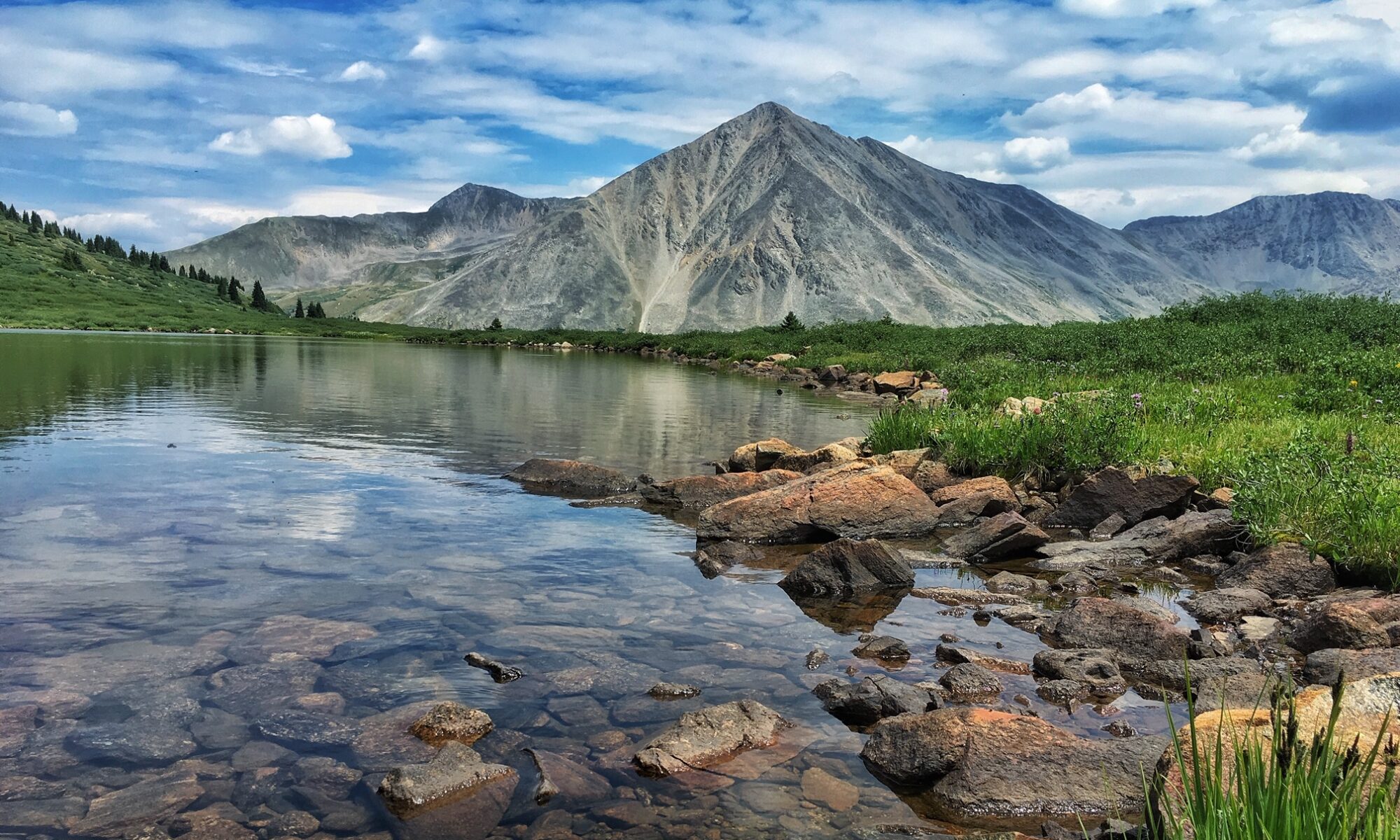Many years ago, Eugene helped his dad build a cabin on the edge of a melted glacier.
Eugene’s family lived in Kalispell, Montana. When his dad’s butcher shop prospered after WWII, his dad purchased two acres on a low rock cliff on the west shore of Flathead Lake. The view of the Mission Range to the east is spectacular as a few of the alpine peaks shoot up to ten thousand feet. The cabin became a family home, and it still sits on this rocky perch.
Eugene eventually moved to New York City and later to Baltimore for graduate work. He ended up serving as a pastor for nearly three decades near Baltimore. Then he worked as a professor in Vancouver, B.C. I got to know Eugene later in his life, but he says he never really left his two acre homestead overlooking Flathead Lake. He explains:
-
I have lived sixty years of my adult life in cities and suburbs in other places, but most of those years I returned for at least a month, sometimes more, once for twelve months — an entire sabbatical year—to clarify and deepen my pastoral vocation on this sacred ground. And even when I was not here physically, the internalized space grounded me.
I can relate.
Since moving from Montana to a Chicago suburb a decade ago, I often return to the places that keep me grounded. For me, these are two mighty rivers of the West and their tributaries – the Yellowstone and the Madison. I have been able to return and fly fish them at least once a year since I moved to Illinois. But even when I’m not able to walk along the banks of the Madison or to float down the Yellowstone, I spend a lot of time there in my mind.
What Makes a River Sacred
At the end of his novella, A River Runs Through It, Norman Maclean says, “I am haunted by waters.” In my case, I am grounded by waters. These rivers inspire me. They awaken a longing within me. They stir up thoughts and ideas and dreams about the future.
Dave, my podcast partner, and I have made the three or four mile hike (it gets longer every time we talk about it) up the Yellowstone River below Tower Fall a dozen or so times in the last few years. Sometimes, we talk. Often, we’re lost in our thoughts. It’s during these times of silence when my mind solves problems or generates new ideas.
These rivers bring healing, too.
When I’m catching trout, or trying to catch trout, I’m in the moment. But sooner or later, I’ll look around and get caught up in the surroundings. It’s then that I experience what novelist Leif Enger describes as “peace like a river.” After a stressful stretch of days or weeks, there is nothing like standing in the Madison River casting a size #18 parachute Adams to rising rainbows while the snow falls softly and melts into the river’s film.
Stress has a way of evaporating in those conditions.
The beauty of sacred ground is that you do not need to own it or live on it. It’s a unique gift if you do. But all it takes is an annual pilgrimage or (better yet) two for those rivers to ground you as they bring fresh perspective, clarity, and energy to your life.
If you don’t have a place like this, you will, as long as you keep fly fishing.
Your sacred ground — or river — may or may not be the stretch where you’ve landed the most rainbow trout.
But it will be the stretch which seems to breathe new energy into you like no other place. Keep fly fishing, and you’ll find it.
In one sense, it’s every river into which you wade and cast. Yet there will be places that stir your more than others. When you find one, keep returning. Look around at the landscape. Experience it in morning light and dusk. Fly fish it in the spring and the fall.
And during those cold winter days in an office cubicle or warehouse, spend some time there in your mind.



Very well said. Most fellow anglers laugh when I tell them that whether or not I had a good day doesn’t necessarily mean I even caught one trout. I’m an older guy and I’ve learned that if the weather was nice (my definition, no one else’s) the scenery pleasing to my senses and I wasn’t swept downstream, I call it a good day.
Thanks, Howard. Yours is a fine definition of a good day. It’s too easy to take the scenery and safety for granted–and the good weather, too.
You guys seriously need to get more exposure. Great site!